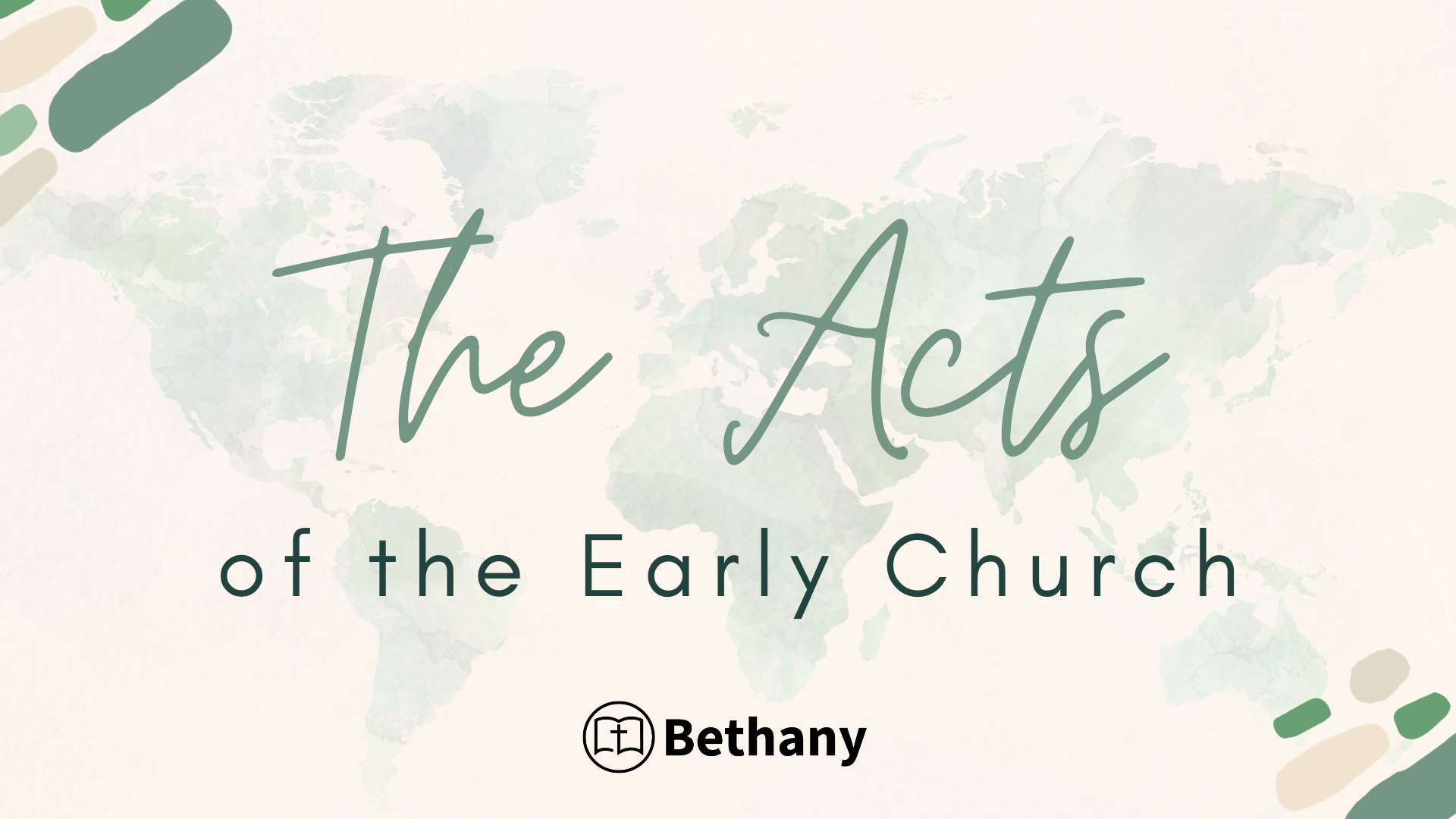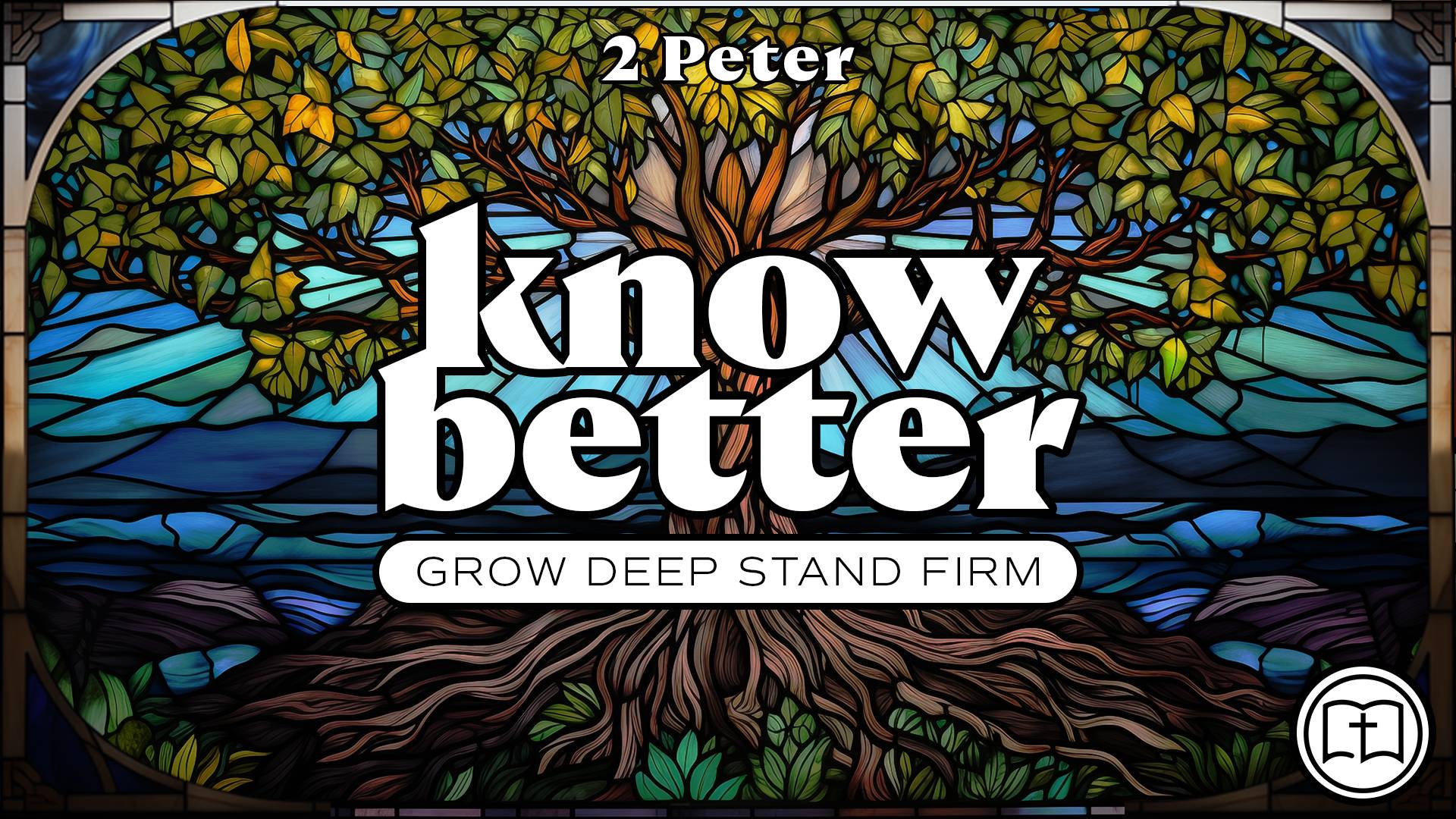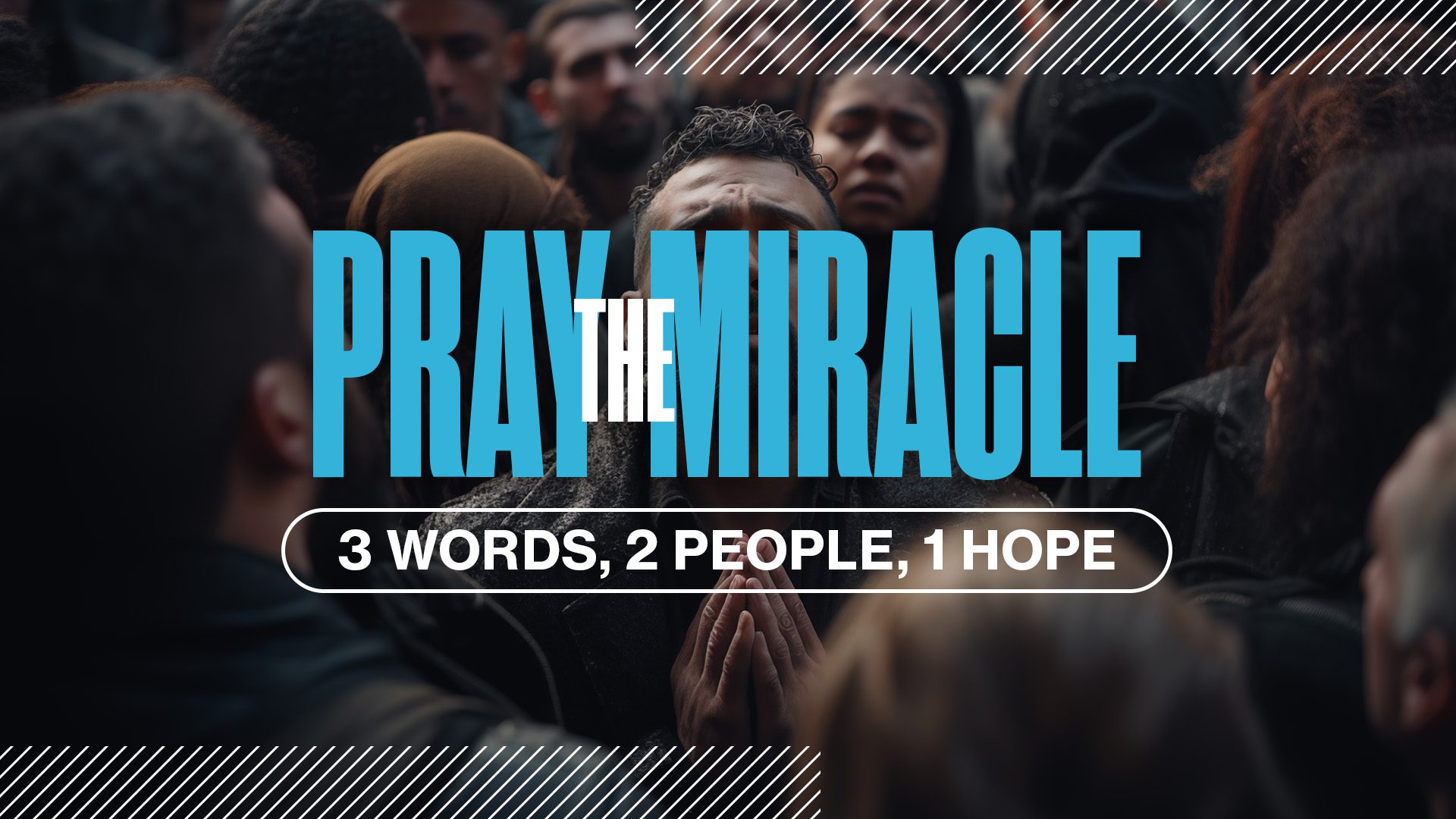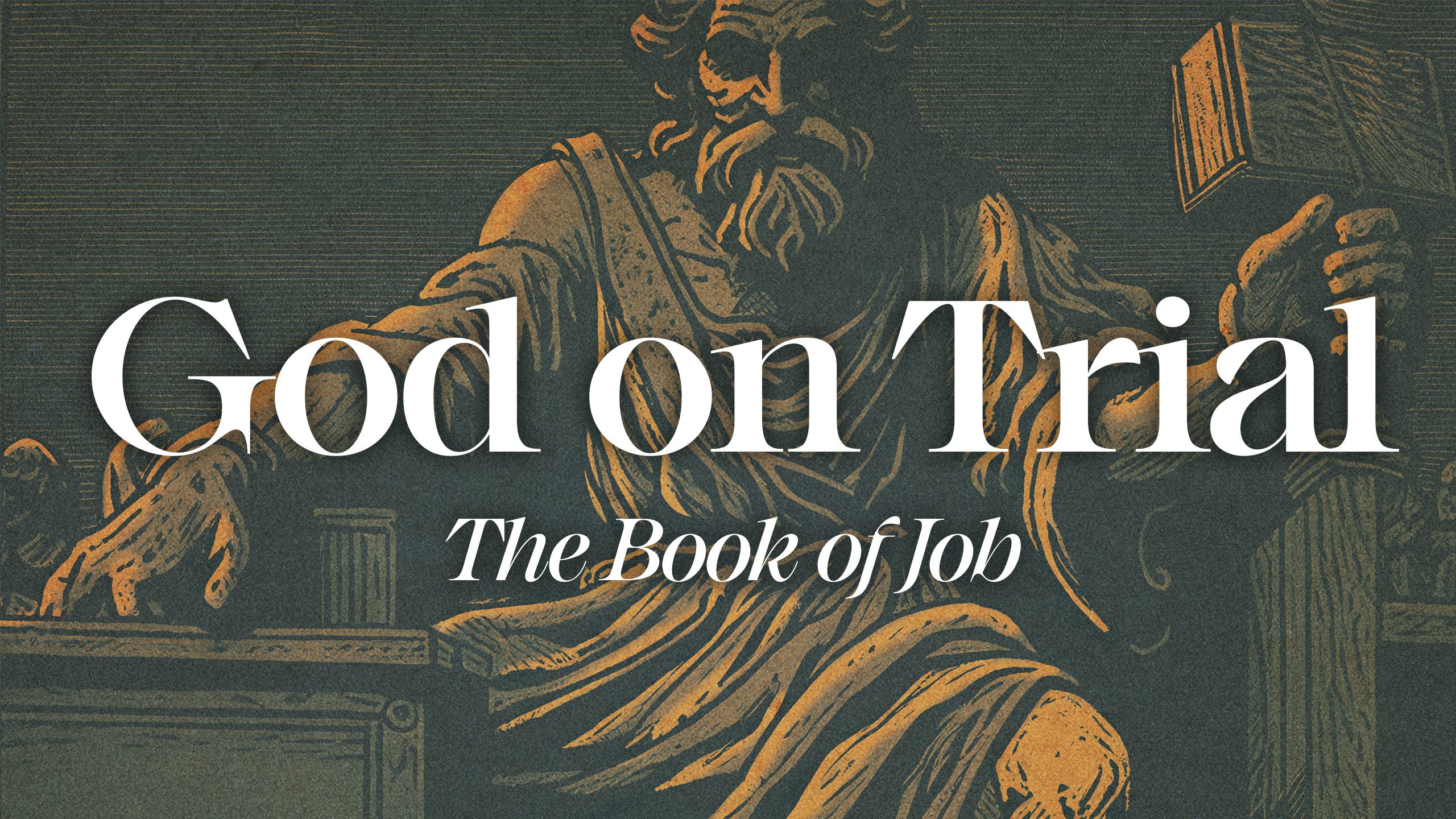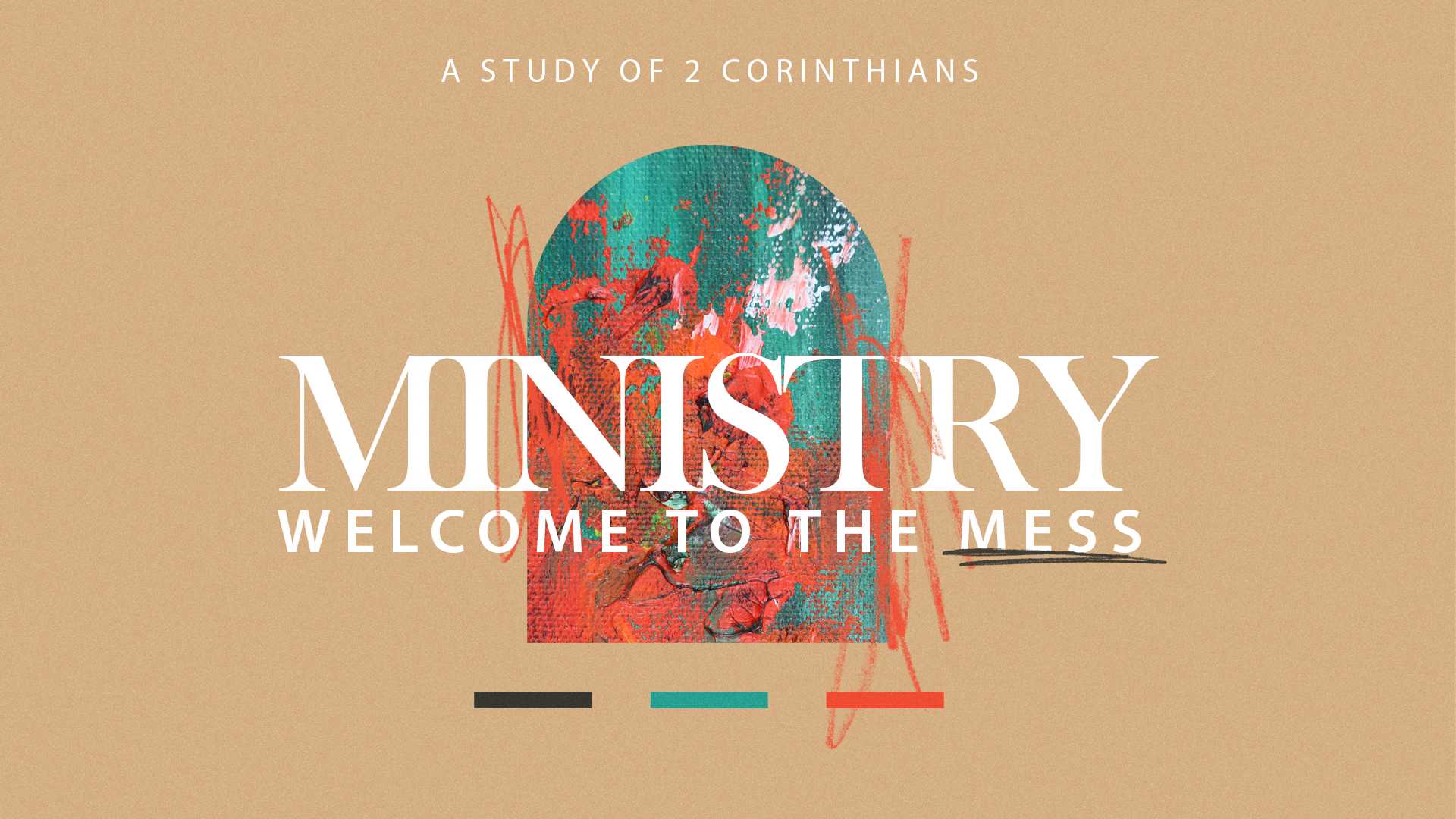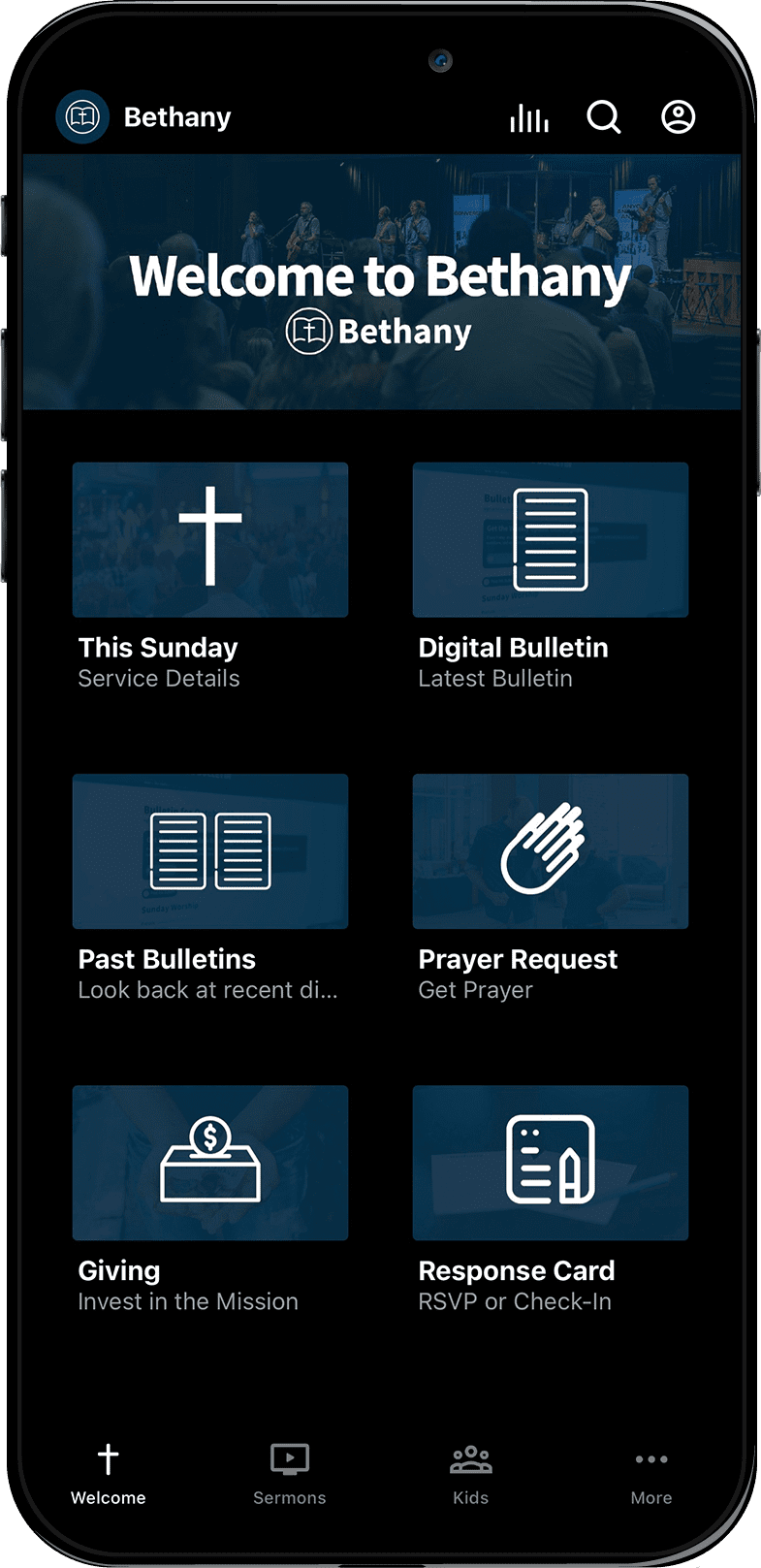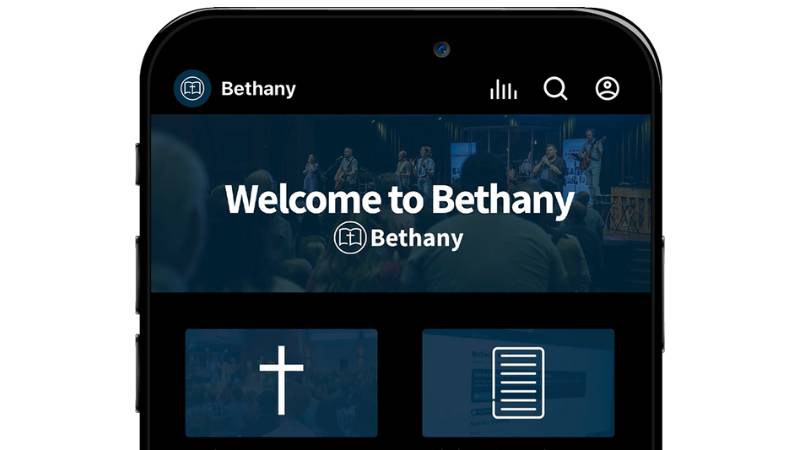Check out the
In This Series
The Acts of the Modern Christian
May 14, 2006 By
Dr. Ritch Boerckel
Proclaim the Gospel!
May 7, 2006 By
Dr. Ritch Boerckel
The Influential Christian
April 30, 2006 By
Dr. Ritch Boerckel
Sovereign Over the Storm
April 23, 2006 By
Dr. Ritch Boerckel
Almost Persuaded
April 2, 2006 By
Dr. Ritch Boerckel
From Darkness to Light
March 26, 2006 By
Dr. Ritch Boerckel
Responding Rightly to Opposition
March 19, 2006 By
Dr. Ritch Boerckel
Salvation in Three Phases
March 12, 2006 By
Dr. Ritch Boerckel
The Resurrection of the Righteous and the Wicked
March 5, 2006 By
Dr. Ritch Boerckel
The Christian’s Confession of Faith
February 26, 2006 By
Dr. Ritch Boerckel
God’s Providential Protection
February 19, 2006 By
Dr. Ritch Boerckel
God’s Authority and You
February 5, 2006 By
Dr. Ritch Boerckel
God’s Great Salvation
January 29, 2006 By
Dr. Ritch Boerckel
A Heart of Courage
January 22, 2006 By
Dr. Ritch Boerckel
A Charge to Church Leaders, Part 2
January 15, 2006 By
Dr. Ritch Boerckel
A Charge to Church Leaders, Part 1
January 8, 2006 By
Dr. Ritch Boerckel
Spiritual Role Models, Part 2
December 11, 2005 By
Dr. Ritch Boerckel
Spiritual Role Models, Part 1
December 4, 2005 By
Dr. Ritch Boerckel
What Is a Church to Do?
November 26, 2005 By
Dr. Ritch Boerckel
Jesus and Other Gods
November 20, 2005 By
Dr. Ritch Boerckel
Our Spiritual Fight with Evil
November 13, 2005 By
Dr. Ritch Boerckel
The Holy Spirit and You
November 6, 2005 By
Dr. Ritch Boerckel
A Complete Faith
October 30, 2005 By
Dr. Ritch Boerckel
Encouragement to Do God’s Work
October 23, 2005 By
Dr. Ritch Boerckel

